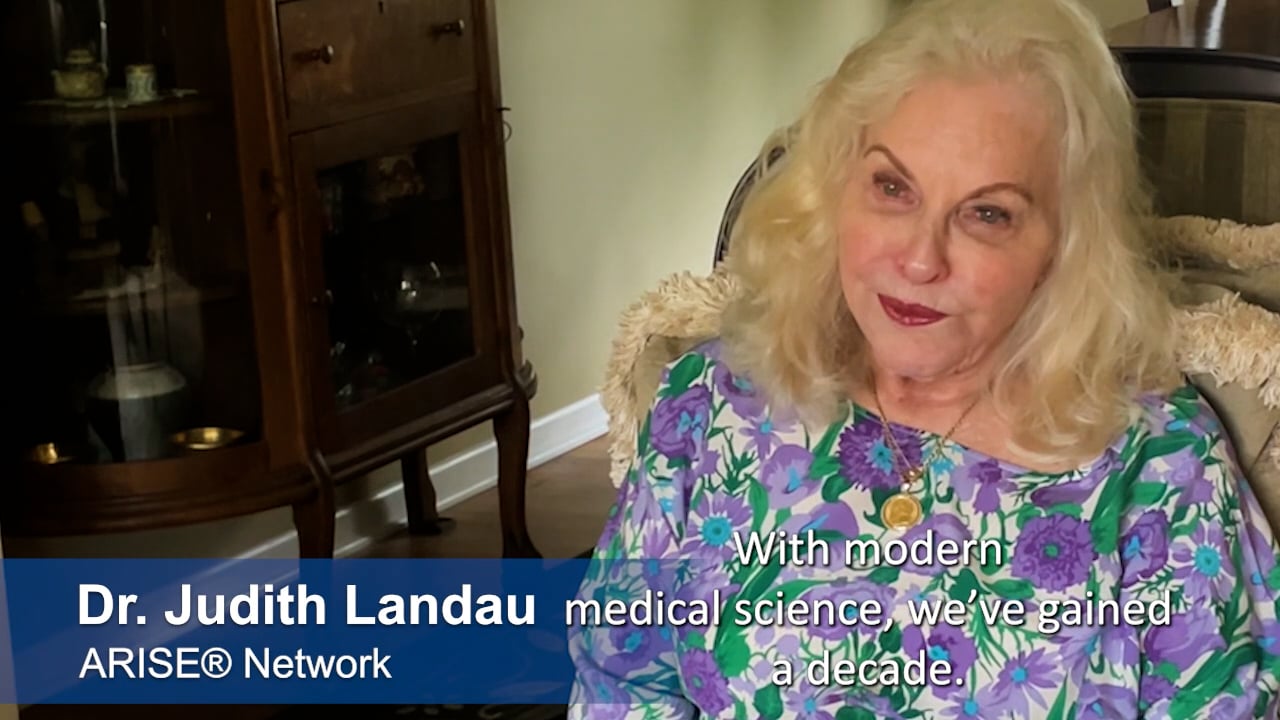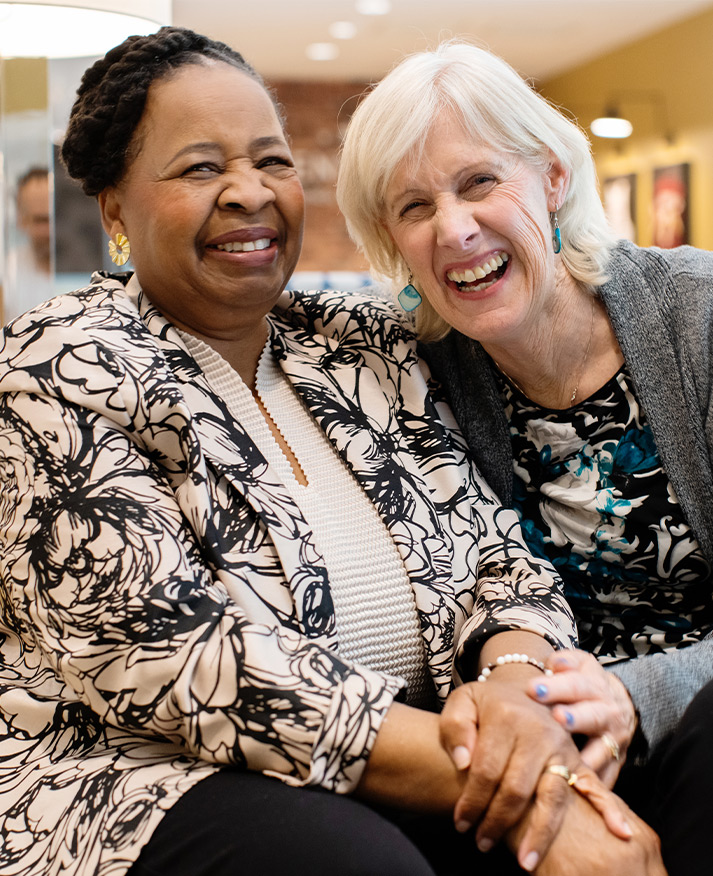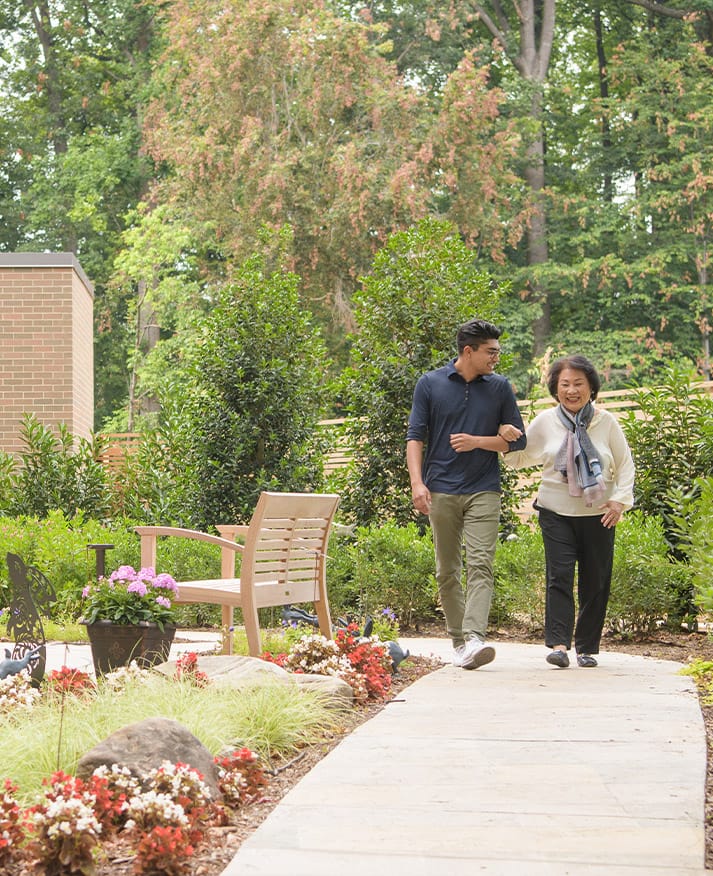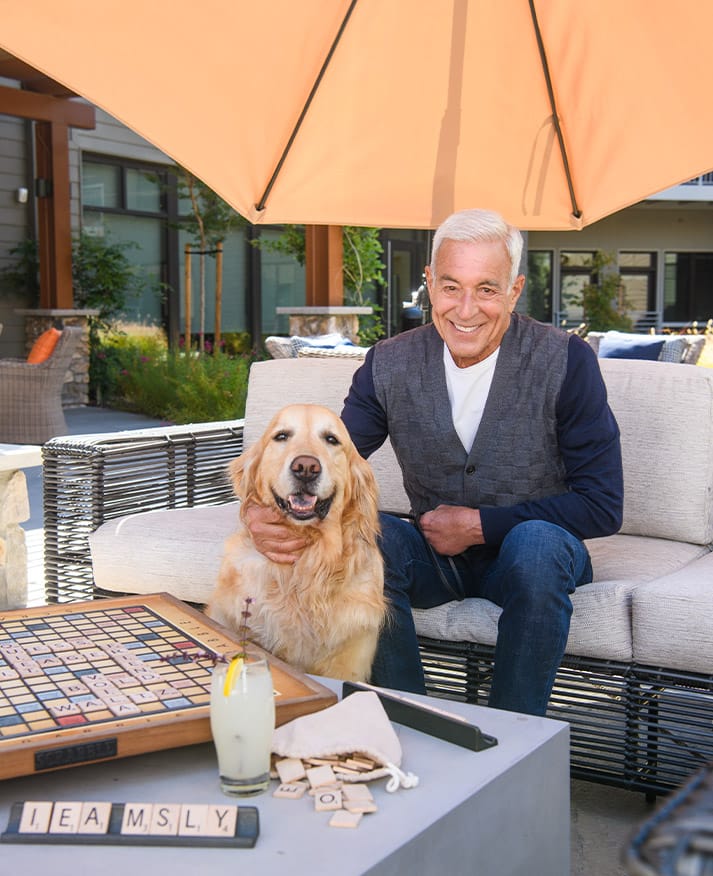Storytelling To Shape a Better Future: Fostering Connection Across Generations
.jpg)
How well do you know your history? Not of the United States, the history of you — your culture, your family of origin. How you came to be. According to Dr. Judith Landau, a neuropsychiatrist with more than 50 years of experience, knowing these family and cultural stories can foster resilience and help overcome adversity.
Dr. Landau notes that today's typical life cycle looks different from past generations. Many young adults are moving back home after college, while longer life expectancies have transformed retirement into an opportunity for exploration. These shifts have created more opportunities for intergenerational connections and learning.
People often don't start craving knowledge of their family history until they reach their 30s or 40s. Science and cultural shifts are helping us live longer, but it's our stories that protect us and may even save us.
The Importance of Intergenerational Connections
Through research, Dr. Landau discovered that the more people knew about their family, cultural stories, and patterns, the less likely they were to take risks. It wasn’t just the stories of family strengths that provided support, but also those of their struggles. Struggles like addiction, severe mental illness, and loss. In fact, people who only knew stories of vulnerability still took fewer risks than those who knew no stories at all.
These stories — your stories — are the bridge between the past and present. They offer a sense of ownership, belonging, and continuity. Younger individuals gain insight into their roots when you pass down tales of cultural and familial traditions, struggles, and triumphs. This connection to history helps them harness their innate power and resilience to guide them in life choices.
“One of the greatest strengths of elders is what they can transmit to the younger generations because they're the bridge to all the stories … but it's not just hearing the stories, it's having that connection. There's a profound benefit to having a connection to previous generations.”
The Health Benefits of Intergenerational Storytelling
The power of sharing stories doesn’t just help those younger than us. Storytelling helps reduce anxiety and stress, and combats loneliness for everyone. When personal stories are shared, an emotional connection forms, allowing for empathy and understanding from both the teller and the listener.
Cognitively, storytelling stimulates the brain in older adults, helping to maintain memory, reasoning, and mental agility. Recalling memories and conveying them in a meaningful way keeps the mind active, contributing to overall brain health.
Strong intergenerational connections also positively impact physical health. Individuals with close, meaningful social bonds have a lower risk of physical ailments, including heart disease. Storytelling strengthens these bonds, which, in turn, supports overall health.
Studies have demonstrated that regular intergenerational interaction improves mental and physical health for both age groups. For example, a study published in the National Library of Medicine found that older adults who engaged in storytelling with younger people experienced reduced feelings of isolation and increased life satisfaction, while younger participants reported enhanced emotional intelligence and stress relief.

Managing Life’s Transitions
One of the great freedoms of retirement is the ability to try something new or dive back into an old passion. According to Dr. Landau, more retirees than ever are using the next third of their lives to explore new experiences.
When people are going through big life transitions, like retirement, it can be easy to feel a bit lost. If you’re stuck on what you want to do next, Dr. Landau recommends exploring your family's history.
“Tracing their stories and finding out there was an artist, there was a singer, there was a dancer in my family, or there was somebody who was a pioneer and went on this incredible voyage. And maybe that's something I can do. … because we all carry that resilience and we lose sight of it during times of transition and change.”
Our ancestors overcame significant challenges, and their stories of resilience can inspire us to take a leap. Whether your family history includes poets, adventurers, or inventors, you are part of a strong, creative legacy. Acknowledge that power and draw strength from it.
The Power of Storytelling
With AI pushing technology and medicine forward faster than you can bat an eye, it can be hard to believe that something our ancestors have been doing since the beginning of time could have such an impact on our daily lives. However, the ancient art of storytelling remains a powerful tool for connection. As Dr. Landau's research shows, these stories can shape the future, offering emotional, mental, and physical benefits. So, gather your family, share your stories, and nurture those vital intergenerational bonds. It’s one of the simplest — and most effective — ways to strengthen relationships and build a healthier future.
Tips for Effective Storytelling Across Generations
Schedule time for storytelling. A monthly family dinner or virtual gathering is a great starting point.
Pick a topic or theme. Start with family traditions, heirlooms, or favorite recipes, and discuss their significance.
Document your family tree. Use online tools, like Ancestry.com, to trace your roots and discover more about your ancestors. How much do you know about your great-great-grandmother?
Engage everyone. Card decks with conversation starters, like this one, can prompt meaningful discussions.
Practice active listening. Ensure everyone feels heard and valued by encouraging questions and showing genuine interest.
Document the stories. Create a video, audio, or digital scrapbook to preserve your family's legacy for future generations.


